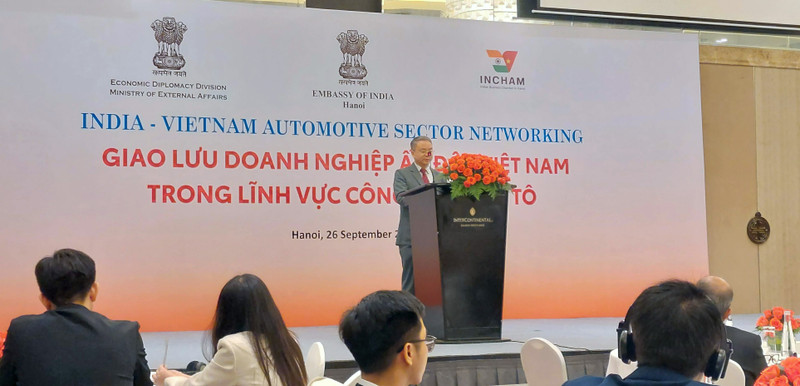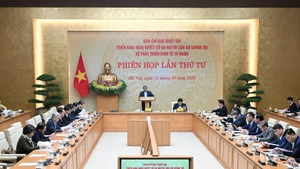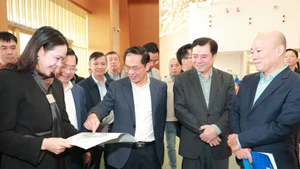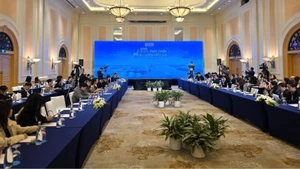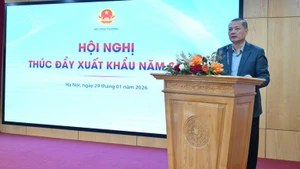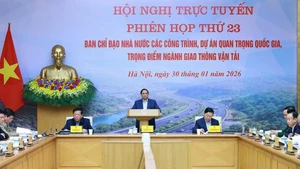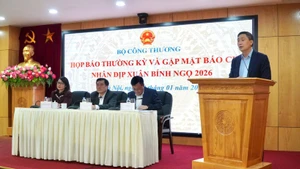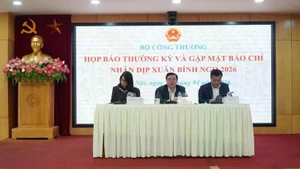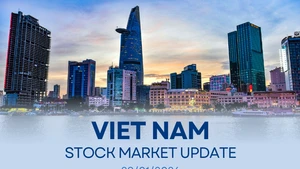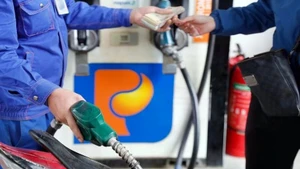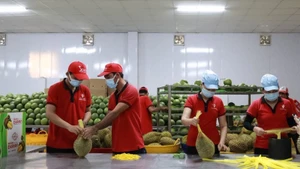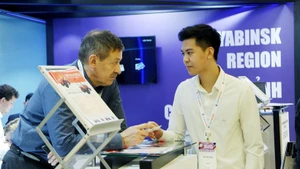Speaking at the event, S. Chinpau Ngaihte, Counsellor for Economics and Commerce at the Indian Embassy, emphasised India’s growing strength as a global automotive manufacturing hub, with value expected to reach 300 billion USD by 2026.
He underscored the sector’s potential as a key area for Viet Nam-India cooperation, particularly in auto parts exports, supply chain partnerships and new investment projects, while encouraging businesses from both countries to expand their cooperation.
For his part, Ruchik Shah, General Director of Ford Viet Nam and Vice Chairman of the Viet Nam Automobile Manufacturers’ Association, highlighted the country’s booming automotive market, which grew by almost 20% in 2024 and by a further 34% in the first eight months of 2025, making it one of the fastest-growing markets globally.
He projected that Viet Nam’s auto industry could reach 850,000 vehicles annually by 2030, driven by rising incomes, a young population reaching driving age, and supportive government policies.
Shah also noted strong opportunities for local manufacturing, supply chain development, and the transition towards electric vehicles.
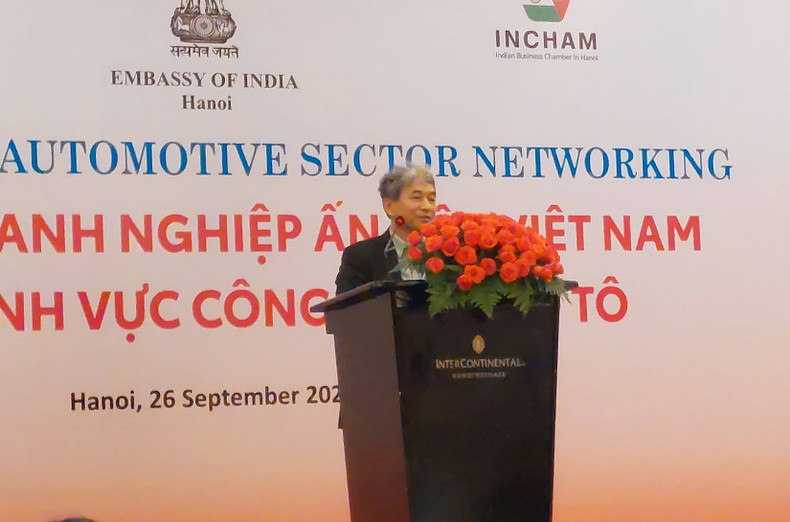
Le Ky Nam, Vice Chairman of the Viet Nam Association of Mechanical Industries, emphasised the importance of cooperation with Indian businesses not only in trade and investment but also in developing high-quality human resources and creating a market for Vietnamese suppliers.
He noted that for local component manufacturers to mature, they must participate in the global value chain, and area in which India’s experience and support with certification requirements could be valuable.
Le Van Ve, Secretary-General of the Viet Nam Association of Motorcycle Manufacturers, stressed the need for cooperation with Indian companies in developing electric two-wheelers and related supply chains.
He highlighted the Vietnamese government’s policy push for greener transport and pointed to the industry’s shortage of affordable, locally produced components such as motors, control systems, and batteries.
Ve called on Indian manufacturers to bring their expertise and investment not only in parts production but also in charging infrastructure, to help reduce costs and accelerate Viet Nam’s transition to electric vehicles.
The automotive sector has emerged as a promising area of cooperation between Viet Nam and India.
Over the years, many Indian companies have established their presence in Viet Nam as tier-1 suppliers for OEMs in the country, while Vietnamese car manufacturer Vinfast recently opened its first overseas manufacturing facility in Tamil Nadu, India.
